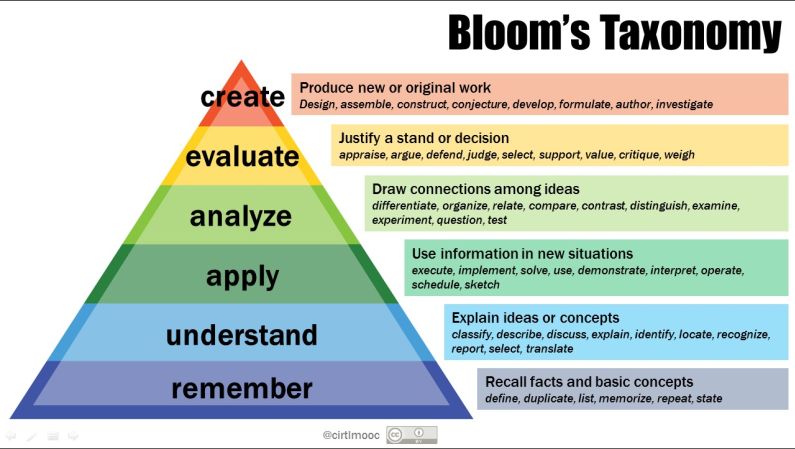By Lieselotte Heederik - Coventry, 25 August 2016
What happens when you bring 12 Indonesian police officers, 6 UK police officers and two education experts to a lovely hotel in Coventry, England?
Actually, quite a lot. First of all, a lot of pictures are taken. For most of the participants it’s the first time they travel abroad. Secondly, a true dialogue and exchange takes place. Of course we talk a lot about Fish and Ships and the UK weather, but most important: we talk about training, curricula, student centered vs teacher centered training and loads more. Last but not least; we dismantle pyramids. Pyramids? Yes. Pyramids.
The objective of the workshop is to assess 6 curricula of the Indonesian police in the field of transnational crime. The curricula are being reviewed on three mayor points: to what extent are they using blended learning approaches, to what extent are they student centered and to what extent is the content relevant to the changing context.
The workshop takes place through the Nuffic funded project Capacity building at JCLEC to Develop and implement a National Curriculum on Combating Transnational Crime based on International Best Practices, implemented by CILC with the consortium partners College of Policing UK, CINOP Global in the Netherlands and the Indonesian NGO Kemitraan and Institute Teknologi Bandung (ITB), in partnership with the Jakarta Center for Law Enforcement Cooperation (JCLEC), the Indonesian Training and Education center for the Indonesian Police, Lemdiklat-polri, the criminal investigation training center – Pusdik Reskrim, and the Intelligence Training center -Pusdik Intel.
Participants in the workshop are curriculum experts of the Indonesian Police. The curricula being reviewed are: Human Trafficking, Drugs Investigation, Combatting Terrorism, Basic Intelligence, Intelligence Analysis and Intelligence Influence.
The workshop kicked off with a visit to the College of Policing in Ryton, where a welcoming speech was given by Assistant Chief Constable Max Sahota, and a guest-lecture was provided on illicit drug laboratories. Other splendid opening speeches were given by Inspector General Agung Budi Maryoto, JCLECs Executive Director Brigadier General Mohamad Syafei and Steve Banks of the College of Policing.
Back to the purpose of the workshop.
Step by step, two groups; Criminal Investigation and Intelligence, go through each curricula and asses to what extent the learning objectives, standard competencies, basic competencies, learning indicators, activities, facilities and assessment are 1) coherent, 2) applicative, 3) based on blended learning and 4) student centered.
Basically there are not that many differences between the UK curricula and the Indonesian curricula; the content is more or less the same. However, a challenge appears related to the learning objectives of the students. It is observed that most learning objectives in the Indonesian curricula are formulated as: “the students are able to understand”. As the learning objectives determine the learning outcomes for the students, the wording of these objectives is quite fundamental. If the objective is to understand, the consequence is that the content of the training is mostly theoretical. The specialised trainings that we are developing target first level inspectors; in which case they already have a thorough understanding of their working environment. Hence the challenge is to develop the curricula from a theory based approach to a more applicative approach.
Is it enough if the students understand about human rights? Or should the training go a step further: should they be taught to apply human rights in their work? Should role games and simulations be added to truly monitor if participants are able to apply the theory in practice and real life situations? Bloom’s taxonomy, which takes the shape of a pyramid, turned out to be very helpful in using verbs that are more applicative. Gradually we could change the curricula from an emphasis on remembering to integrating applying and analysing as well. Great job!

Although the direct outcomes of these workshops are some words changed, words deleted and words added; the final outcome is an Indonesian curriculum based on UK police training standards that is much more applicative than before. The implications of these changes can be pretty profound for the delivery of training, and at the end of the day for functioning of the Indonesian police and the Indonesian society as a whole.
We hereby would like to especially thank Joost Teuben and Ans Voordouw for their excellent work in facilitating the workshop, Stephan Barlow, Philip Tucker, William Anderson, Mark Smith, Ewan Kindness, Paul Downing and Steve Banks for their commitment in providing outstanding and valuable input and knowledge. And of course we’d also like to thank all the participants for their excellent cooperation and openness!

